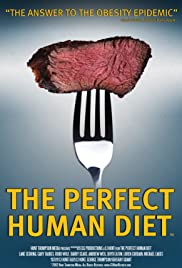
“The Perfect Human Diet” is an unprecedented global exploration to find a solution to our epidemic of overweight obesity and diet-related disease – the #1 killer in America. The film bypasses current dietary group-think by exploring modern dietary science, previous historical findings, ancestral native diets and the emerging field of human dietary evolution; revealing for the first time, the authentic human diet. Film audiences finally have the opportunity to see what our species really needs for optimal health and are introduced to a practical template based on these breakthrough scientific facts.
You May Also Like
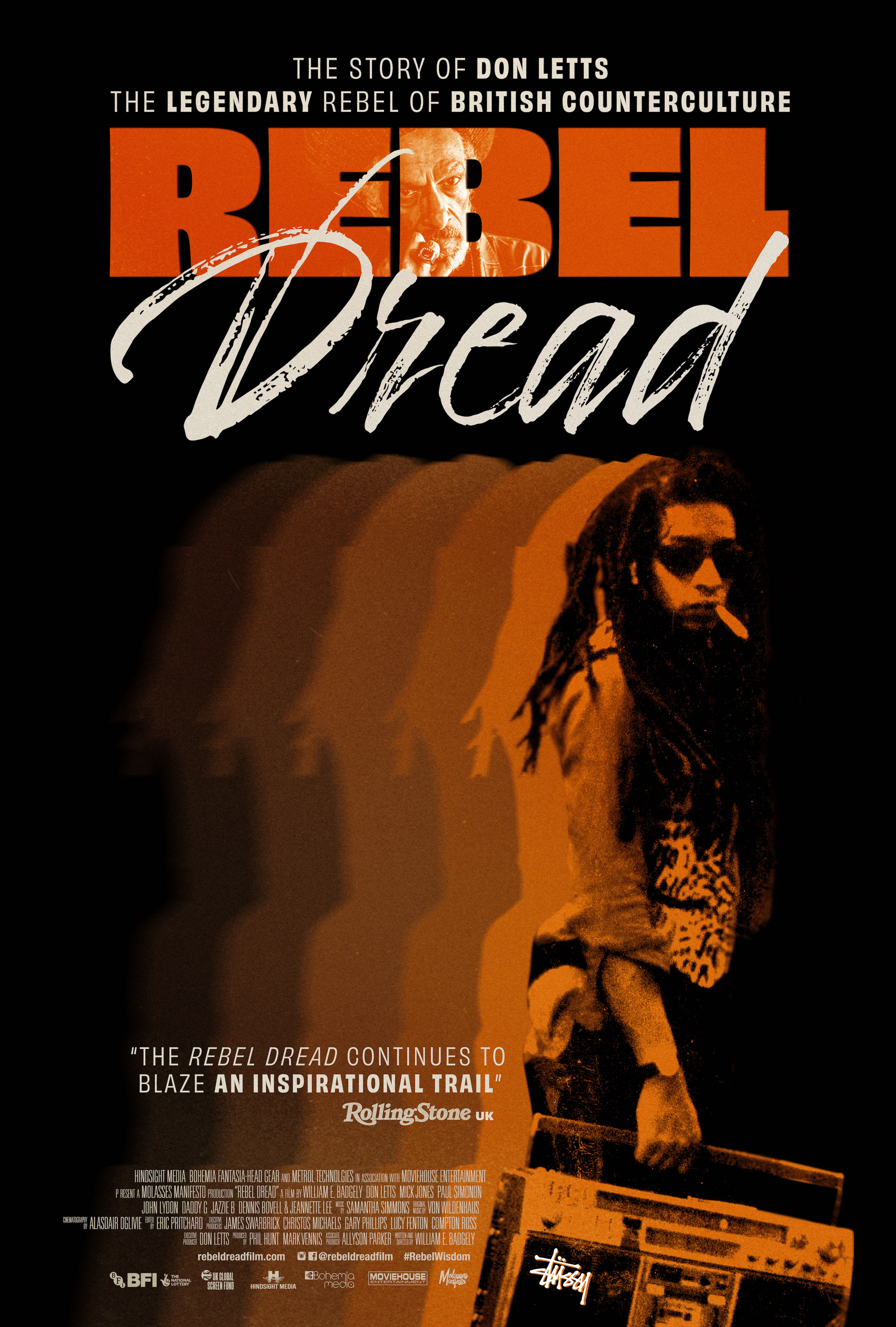
Documentary about Don Letts who played a leading role in pop history. Letts injected Afro-Caribbean music into the early punk scene and shot over 300 music videos including for Public Image Ltd. and Bob Marley, but also for teen sensations Musical Youth’s reggae smash ‘Pass The Dutchie’. Besides his enduring relationship with The Clash, the constant factor in Letts’ eventful career as a DJ, manager, film director, musician and radio maker is that, from the 1970s on, he continued to draw attention to cultural issues, as he does today with his radio programme for BBC 6, Culture Clash Radio.

McLibel is a documentary film directed by Franny Armstrong for Spanner Films about the McLibel case. The film was first completed, as a 52 minute television version, in 1997, after the conclusion of the original McLibel trial. It was then re-edited to 85 minute feature length in 2005, after the McLibel defendants took their case to the European Court of Human Rights.

Director Claude Lanzmann spent 11 years on this sprawling documentary about the Holocaust, conducting his own interviews and refusing to use a single frame of archival footage. Dividing Holocaust witnesses into three categories – survivors, bystanders, and perpetrators – Lanzmann presents testimonies from survivors of the Chelmno concentration camp, an Auschwitz escapee, and witnesses of the Warsaw Ghetto Uprising, as well as a chilling report of gas chambers from an SS officer at Treblinka.

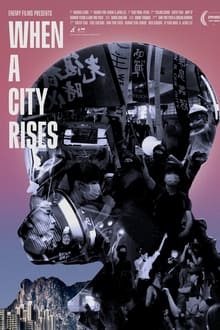
Behind the gas masks of Hong Kong’s democracy movement, the often very young activists are just as diverse as the youths of the rest of the world. But they share a demand for democracy and freedom. They have the will and the courage to fight – and they can see that things are going in the wrong direction in the small island city, which officially has autonomy under China but is now tightening its grip and demanding that ‘troublemakers’ be put away or silenced. Amid the violent protests, we meet a 21-year-old student, a teenage couple and a new father.

Destined couple, Bhop and Gaysorn, have their love and beliefs challenged in the midst of savage threats during the expansion of colonial rule.
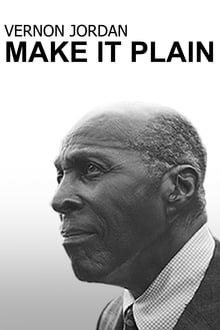
From filmmaker Dawn Porter (who earlier this year directed “John Lewis: Good Trouble”), the film explores the remarkable journey of Jordan from modest Southern origins to national renown as a pioneering attorney, businessman, civil rights leader, and as a fixture (could one also say a “fixer?”) on the DC scene. Jordan’s story is told principally through a chronological narration of his life and accomplishment, most of it taken from recent (2019) interviews with and narration by Jordan himself. His early life in Atlanta is limned, where Jordan describes the treasured influence of his mother Mary and his early academic successes (including a law degree from Howard University). His activities in the civil rights movement in the 1960’s and 1970’s are highlighted, culminating in his ten-year tenure as director of the Urban League.


Chronicles the history of Negro Leagues baseball by using rare historical footage and interviews with black baseball greats.
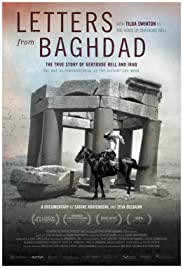
Gertrude Bell, the most powerful woman in the British Empire in her day, shaped the destiny of Iraq after WWI in ways that still reverberate today.

Pressured by his superiors to disgrace public intellectual Warczewski, a professor and respected writer whom they believe to be a “camouflaged Zionist,” rough security-services colonel Rozek enlists his sexy but naive girlfriend, Kamila, to insinuate herself into the distinguished older man’s life and report on his every move. Not particularly interested in serving communism but eager to please her domineering lover, Kamila accepts the mission, reporting under the code name “Little Rose.” As quick scenes contrast Kamila’s crude pleasures with Rozek and her more refined experiences with Warczewski, it becomes clear that the more time the unschooled young woman spends with the professor, the more she comes to have true feelings for him.

During the Japanese colonial rule of Korea, while people are in despair, Jae-ho tries to raise morale by winning cycle championship. Bok-dong, who started cycling with Jae-ho just to make a forture, becomes a symbol of hope for Koreans by defeating Japanese cyclists.